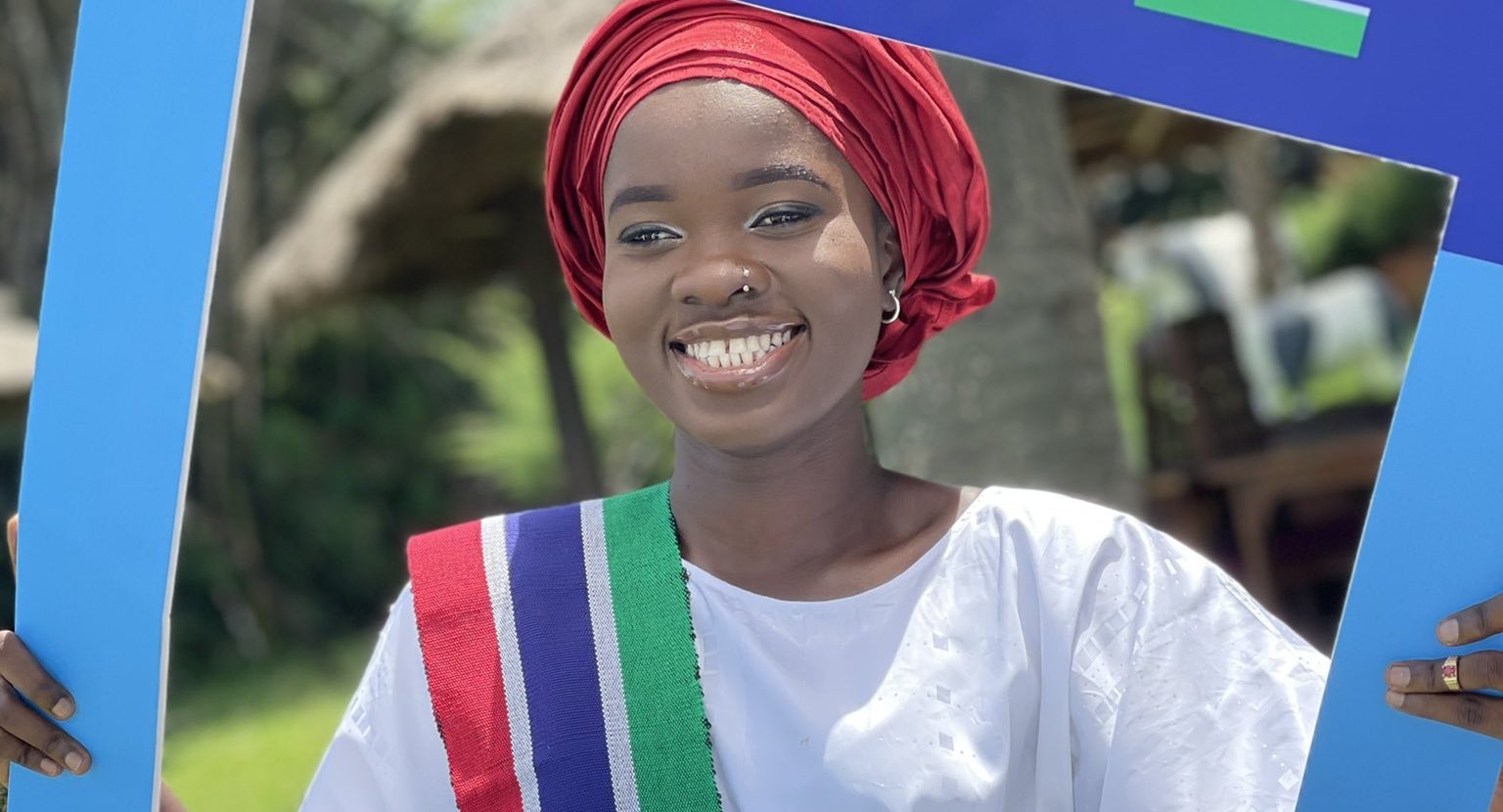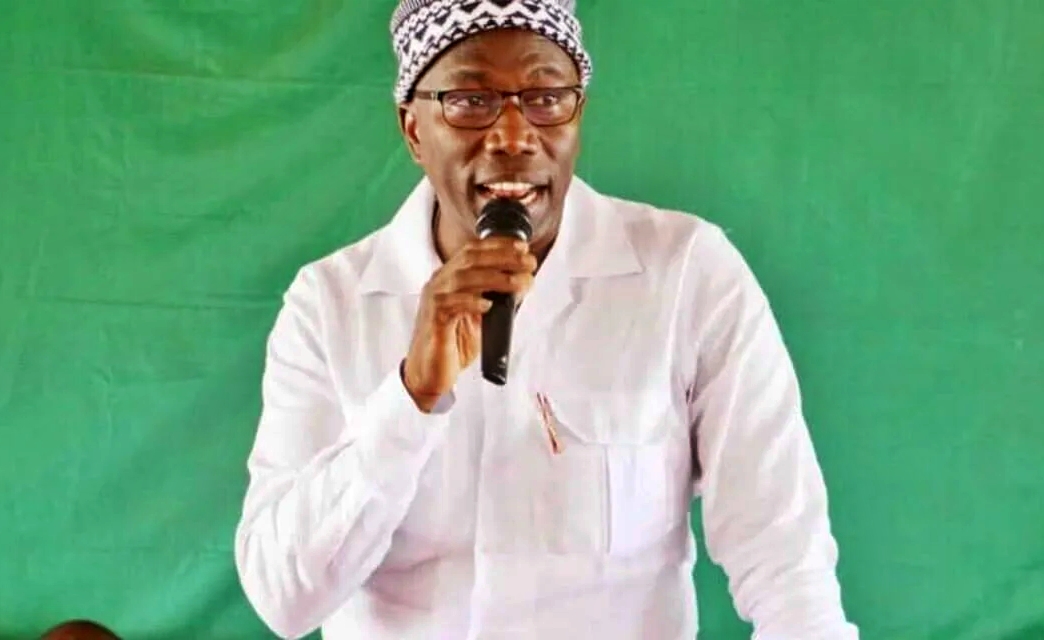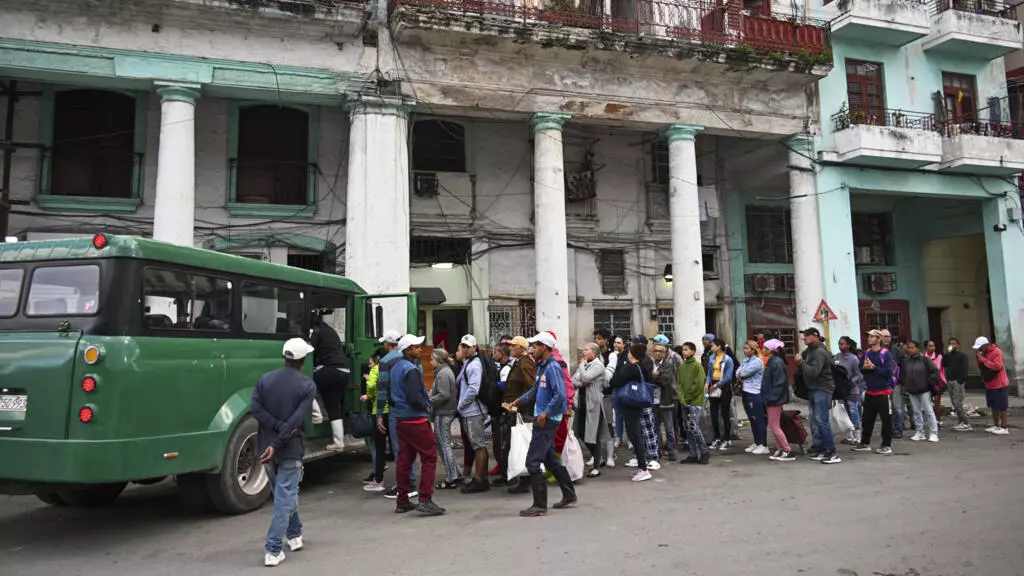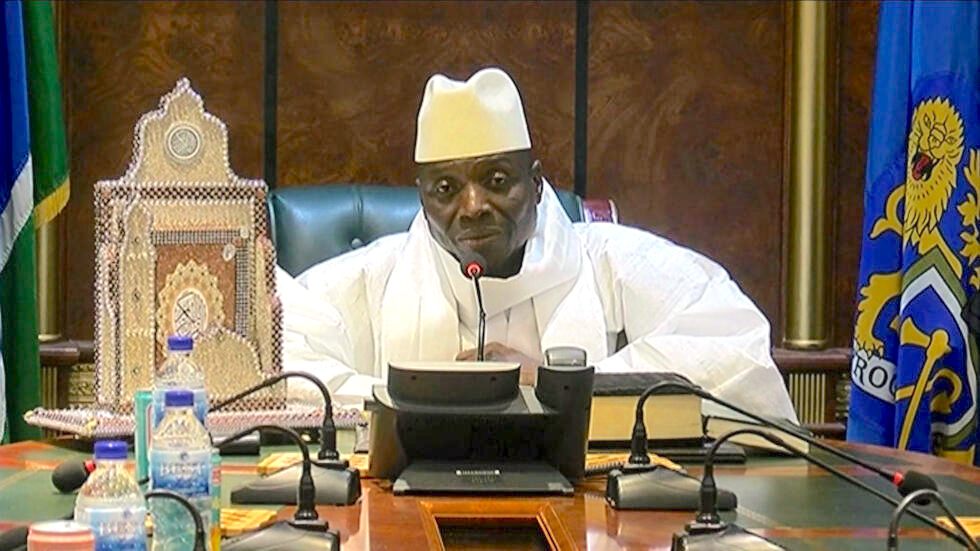Gambiaj.com – (Banjul, The Gambia) – Two of The Gambia’s leading civil rights advocates have reacted strongly to former Interior Minister Mai Ahmad Fatty’s recent take in The Standard newspaper, in which he called for a reassessment of the financial and strategic priorities around the prosecution of former President Yahya Jammeh.
In his article, Fatty questioned whether the potentially vast sums required to prosecute Jammeh and his accomplices would be better spent on reparations for victims of the 22-year dictatorship. The comments have sparked significant debate, with rights defenders Alhagie Barrow and Madi Jobarteh offering divergent but critical responses.
Alhagie Barrow: “We Must Have the Conversation”
Alhagie Barrow, a former head of investigations at the Truth, Reconciliation, and Reparations Commission (TRRC), acknowledged the nuance in Fatty’s position, stating, “I think we should have a conversation about the cost of prosecuting Yaya Jammeh, given our sociopolitical and financial realities.”
Barrow drew parallels with Sierra Leone’s post-conflict judicial process, where a UN-backed Special Court reportedly spent over $300 million to prosecute just thirteen individuals, while reparations for more than 32,000 victims amounted to under $5 million. “The larger point,” Barrow said, “is to question whether the $300 million spent on prosecuting 13 individuals could have been better utilized.”
He emphasized that in such scenarios, the benefits of prosecution often favor elites—lawyers, judges, and international experts—more than victims. “The question that must be asked is whether more resources should be poured into prosecutions or reparations,” Barrow added.
However, he also sharply criticized Fatty’s political alliances, particularly his party’s cooperation with the APRC, the party under which Jammeh committed the crimes in question.
“By aligning his party with the APRC, the very political party that was abusing the rights of Gambians, his words sound a bit hollow,” Barrow argued, calling out the contradictions in Fatty’s appeal for national unity and justice.
Barrow also took issue with Fatty’s call to strengthen the Special Division of the High Court to handle post-TRRC prosecutions, asking rhetorically, “Is handling post-TRRC prosecutions not ‘looking backward?’ Or am I missing something?”
Madi Jobarteh: “Justice Must Prevail—Even at a Cost”
Human rights activist and outspoken government critic Madi Jobarteh also responded to Fatty’s article, but with more emphasis on the symbolic and practical value of justice.
“Yes, it is costly,” Jobarteh admitted, referencing past transitional justice efforts in South Africa and Sierra Leone. “But even prosecuting one person is significant because we need to establish the fact that violations and impunity will not prevail.”
For Jobarteh, the core issue is not just accountability but creating a political culture anchored in justice and public trust. “It is important not only for deterrence but also for peace, stability, and unity in our land,” he said.
Jobarteh was critical of Fatty’s timing and role in government during the early post-Jammeh transition. “I think Mai is late in his call, for which he is also complicit, as he was one of the key decision-makers at the time as a minister. What did he advise in cabinet by then?” he asked.
He argued that the Barrow administration missed a key opportunity to act decisively in 2017, when international and national support for Jammeh’s prosecution was strongest. “The odds were stacked in favor of the government. But they lacked the will and commitment while doing everything to resuscitate Jammeh and his band of supporters,” he said.
Nonetheless, Jobarteh admitted he is conflicted about the feasibility of the current proposal, especially given budget constraints.
“Right now, I am mixed as to spending so much indeed. First, I’m not even sure if the money will be obtained and if this court will ever happen. But if it does happen, I will not support such a budget to be spent,” he said, suggesting instead that reparations, memorialization, and institutional reforms should be prioritized.
A Divided but Urgent Conversation
Mai Fatty’s article has ignited a deeper discussion on the path forward for The Gambia’s transitional justice process, particularly at a time when donor interest is waning and domestic political will appears tepid.
While Barrow and Jobarteh offer different angles—cost-efficiency versus moral imperatives—they converge on one key point: The Barrow government’s failure to act decisively has left The Gambia in a precarious position.
As civil society continues to weigh the merits of accountability versus reconciliation, Fatty’s critics warn that moral clarity must not be sacrificed for political expediency or financial convenience.
The TRRC’s final report, released in 2021, recommended the prosecution of Jammeh and several key lieutenants for crimes ranging from extrajudicial killings to rape and enforced disappearances. Whether The Gambia will act on those recommendations remains an open question.










